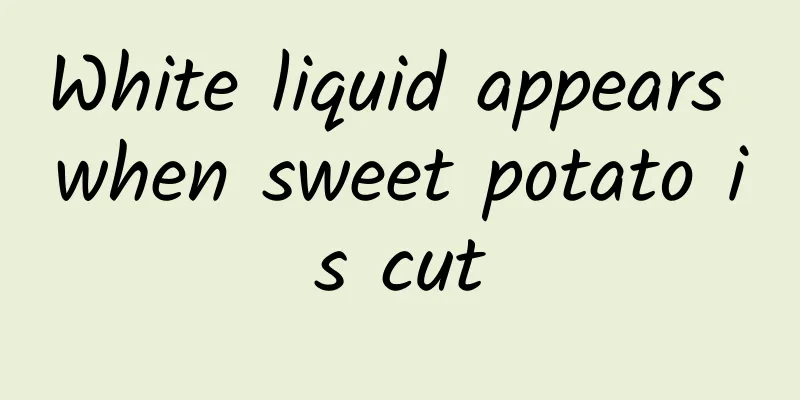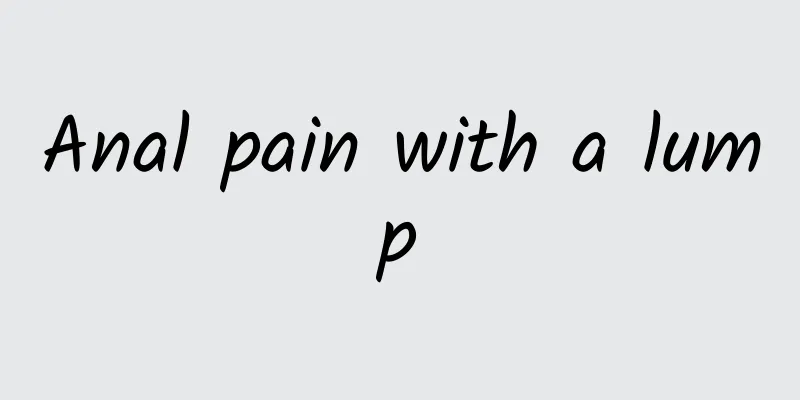What is the best season to drink Chinese medicine?

|
People often say that bitter medicine is good for the disease. For people who have been taking Chinese medicine or Chinese herbal medicine for a long time, especially some elderly people, they often use Chinese medicine to regulate their bodies. Chinese medicine is very different from Western medicine. Western medicine does not need to consider seasonal factors, but taking Chinese medicine is more particular. So, when is the best season to take Chinese medicine? 1. What is the best season to drink Chinese medicine? Taking medicine is most effective in spring, as spring is the season of growth, the Yang energy is rising, and the body's Qi and blood are also at their peak. It is the best season for Chinese medicine to treat diseases. But generally speaking, except for summer, other seasons are good. It’s too hot in the summer, and Chinese medicine needs to be taken hot, which will be uncomfortable. 2. When is the best time to take Chinese medicine? 1. Take before meals Generally, take the medicine 30 to 60 minutes before meals. If the disease is located in the lower part of the body, the medicine should be taken before meals so that the medicinal properties can be easily delivered to the lower part of the body, such as liver and kidney deficiency or diseases below the waist. For the treatment of intestinal diseases, it is also advisable to take medicine before meals. Because, when the stomach is empty, the drug solution can directly contact the gastrointestinal mucosa and pass through the stomach into the intestine more quickly, so that more of it can be absorbed and take effect, without being diluted by food in the stomach and affecting its efficacy. 2. Take on an empty stomach Also known as taking medicine at dawn, it means taking the medicine in the morning before eating. Decoctions with tonic effects should be taken on an empty stomach in the morning to facilitate full absorption. Drugs used to deworm or treat limb blood vessel diseases should also be taken on an empty stomach, so that the drugs can enter the intestines quickly and maintain a high concentration to quickly exert their effects. The same is true for decoctions with laxative effects to enhance the efficacy. 3. Take after meals Generally, take the medicine 15 to 30 minutes after a meal. If the disease is located in the upper part of the body, the medicine should be taken after meals. If you are treating diseases related to the heart, lungs, chest, diaphragm, or stomach, you should take the medicine after meals to allow the medicinal properties to move upward. Taking drugs that are irritating to the gastrointestinal tract after meals can reduce damage to the gastrointestinal mucosa. 3. Do not add sugar when taking Chinese medicine Adding sugar to Chinese medicine will reduce its efficacy. First of all, eating too much sugar will increase heat. If the patient has symptoms of damp-heat retention such as abdominal distension, fullness, thick and greasy tongue coating, it is generally forbidden to add sugar to avoid adverse reactions. People with phlegm should not take it. Secondly, white sugar is cool in nature and brown sugar is warm in nature. If white sugar is added to warm medicines, or brown sugar is added to cold medicines, the medicinal properties will be weakened, hindering the full absorption of the medicinal effects and affecting the efficacy. Thirdly, the chemical composition of traditional Chinese medicine is relatively complex. Sugars, especially brown sugar, contain more iron, calcium and other elements. Proteins, tannins and other components in traditional Chinese medicine can combine with them to produce chemical reactions, causing some effective ingredients in the medicine solution to coagulate and denature, and then produce turbidity and precipitation, which not only affects the efficacy of the medicine but also endangers health. 4. Taboos 1. Stomach-nourishing Chinese medicine is afraid of glutinous rice Foods such as glutinous rice, meat, and beans are difficult to digest. People who are taking Chinese medicine for strengthening the spleen and stomach should eat less of them to avoid increasing the burden on the stomach and intestines and affecting the patient's recovery. If the elderly whose gastrointestinal function has declined eat too much of this kind of food, it will often cause the gastrointestinal tract to be overwhelmed. 2. Avoid white radish in warming and nourishing Chinese medicine Ginseng replenishes qi, while radish promotes qi movement, lowers qi, and breaks up qi. If radish and ginseng are eaten at the same time, the qi-replenishing effect of ginseng may be weakened. Other warm tonic medicines, such as American ginseng, Codonopsis pilosula, Astragalus membranaceus, Polygonum multiflorum, Rehmannia glutinosa, etc., have similar effects to ginseng and are not suitable to be taken with radish. Whether raw or cooked, radish has the effect of promoting qi circulation, but care should be taken to avoid using it with tonic medicines. In addition, mung beans, which have the effect of clearing heat and detoxifying, will also "offset" the tonic effects of medicines such as ginseng. 5. Tips to avoid bitterness 1. Understand the holding and swallowing positions Studies have shown that people's bitter taste receptors are mainly concentrated in the front half of the tongue, with the tip of the tongue being the most prominent. Therefore, after the medicine enters your mouth, it is best to quickly hold it at the root of your tongue and swallow it naturally. You can also use a spoon to directly deliver the medicine to the root of your tongue and swallow it naturally. 2. Master the time to take medicine Within 24 hours a day, the body has two "golden periods" for absorbing drugs, one from 8 to 10 am and the other from 2 to 3 pm. Bitter Chinese medicine can be taken within the above time after meals. 3. Master the speed of taking medicine The longer the medicinal liquid stays in the mouth, the more bitter it tastes. Therefore, bitter Chinese medicine should be taken cleanly and quickly. 4. Master the temperature of the liquid medicine When taking Chinese medicine, it is important to “warm up the cold and cool down the heat.” However, the use of bitter Chinese medicine is not limited to this. Relevant expert research has confirmed that the tongue is more sensitive to temperatures above 37°C. Therefore, the temperature of bitter Chinese medicine decoction should be controlled between 15°C and 37°C. To sum up, I believe that through the experts' answers to the question of when is the best season to take Chinese medicine, everyone should now understand that spring is the best season to take Chinese medicine. I hope the above introduction can provide help to everyone. Here, the experts remind everyone that if you take Chinese herbal medicine for a long time, it is best to take it after a meal. |
<<: What are the effects of moxibustion on eyes?
>>: What are the precautions for moxibustion therapy?
Recommend
What is nervous ejaculation?
Nervous ejaculation should be regarded as a type ...
Symptoms of miscarriage in early pregnancy
Women must be cautious during pregnancy and be al...
What to do if the water in chickenpox turns yellow
Varicella is a relatively common skin disease. Wh...
What to do if your child refuses to breastfeed
Mothers who have just given birth have no experie...
The difference between bitter chrysanthemum and chicory
We have seen that some plants have only slight di...
Chinese herbal medicine for foot bath to promote blood circulation and remove blood stasis
If there is heavy moisture in the body and severe...
Why do I feel chest tightness when it’s time to go to bed?
Sleep itself has many benefits for our human body...
Symptoms of pituitary tumors
The pituitary gland is the organ that secretes th...
What are the health benefits of Cordyceps sinensis
Now that Internet technology is becoming more and...
Is it possible that pregnancy cannot be detected?
When there are some symptoms of pregnancy, pregna...
Viral conjunctivitis
The main symptoms of viral conjunctivitis are som...
How to treat black blood during menstruation
During menstruation, if you find that the menstru...
Burning throat due to stomach acid
The burning throat caused by stomach acid rising ...
What are the side effects of Hedyotis diffusa?
Oldenlandia diffusa is a herb commonly used in tr...
What to do if the middle of the toenail is concave
If there is a depression in the middle of the toe...









